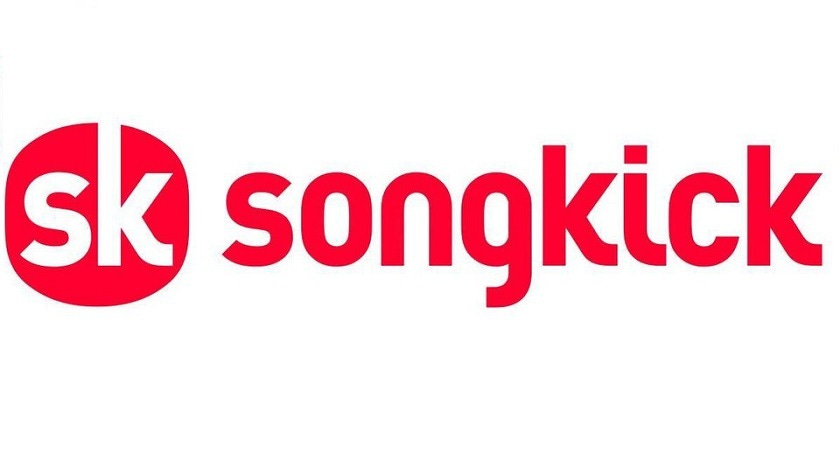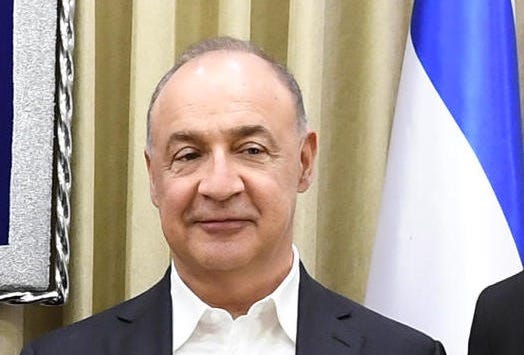The live event ticketing and promotion business has long been a haven for corruption. Ticketed events were a favored method of money laundering for organized crime—especially when selling tickets was a predominantly cash business.
The industry has since gone corporate (and digital), but the monopolistic and criminal mentality never left.
Songkick was a Y-Combinator-backed startup that stood a chance of reforming the ticketing business—but intimidation and computer hacking from a much larger competitor led to Songkick’s demise.
(Cover photo credit: Anthony Delanoix)
Backstory
In late 2009, the giant concert promoter Live Nation merged with the predominant ticket seller Ticketmaster into a new behemoth called Live Nation Entertainment (LNE).
In January 2010, the merger was approved by the US Department of Justice (DoJ) under a few conditions—including a ten-year-long consent decree that prohibited LNE from retaliating against venues that didn’t want to sell their tickets through Ticketmaster. However, the decree was weakly worded. LNE could not be forced into doing business with non-Ticketmaster venues, which led venues to fear retaliation anyway.
In the years since the merger, the DoJ has been widely criticized for allowing the merger to happen and then not enforcing the terms of the consent decree.
Songkick’s founding and growth

Songkick was a concert discovery app founded by Ian Hogarth, Michelle You, and Pete Finlay. They didn’t sell concert tickets, but earned money via referring customers to ticket vendors.
They launched in June 2007 and quickly grew their war chest, announcing their first $1 million in fundraising in March 2008, then $4 million from Index Ventures, and $10 million from Sequoia. In May 2014, they announced that they had generated $100 million of revenue for their ticketing partners.
That year, Songkick also started selling concert tickets instead of just referring sales. They claimed that venues’ exclusivity deals with Ticketmaster locked Songkick out of the US market, so Songkick grew rapidly in London instead.
In June 2015, Songkick announced a merger with CrowdSurge—a startup that sold white-label ticketing platforms. The combined entity was still named Songkick, but with Ian Hogarth and CrowdSurge’s Matt Jones as co-CEOs until Hogarth transitioned to a chairman role in January 2016.
At the same time as the merger, Songkick announced a $16 million Series C investment from Sequoia, Index, and Access Industries—the industrial conglomerate that owns Warner Music Group. Access Industries soon tripled down—investing another $10 million and another $15 million.

With its war chest and cachet with performing artists, Songkick was becoming a genuine threat to LNE. In December 2015, Songkick helped Adele sell concert tickets directly to her fans with Songkick’s technology to thwart bots and scalpers.
The lawsuit begins
Also in December 2015, Songkick filed a lawsuit against LNE—challenging the legality of the merger that created LNE and accusing them of colluding to lock Songkick out of the market.
Unfortunately, filing the lawsuit did immediate damage to Songkick’s business: they could no longer collect referral fees for or sell tickets to Ticketmaster events.
The early stages of the lawsuit went badly for Songkick. US District Court Judge Dale S. Fischer denied Songkick’s request for a temporary injunction and approved LNE’s motion to dismiss the parts of the lawsuit challenging the LNE merger.
The hacking accusations
But things turned up for Songkick during legal discovery. Songkick discovered that CrowdSurge executive Stephen Mead kept up to 85,000 company documents and still-valid passwords for internal tools after he left CrowdSurge in 2012. Mead was then hired by TicketWeb—a Ticketmaster subsidiary—and began giving documents and passwords to his new coworkers.
The stolen data attracted the attention of Zeeshan Zaidi—a Ticketmaster executive famous for his unrestrained ambition. The son of Pakistani immigrants, Zaidi was his high school valedictorian; completed his BA, MBA, and a JD from Harvard; and then catapulted into becoming a high-powered music executive. His younger brother Farhan was also a high school valedictorian, earned degrees from MIT and Berkeley, and later became General Manager for the Los Angeles Dodgers. Farhan Zaidi is currently President of Baseball Operations for the San Francisco Giants.
Songkick’s lawsuit alleges that Zeeshan Zaidi used screenshots from CrowdSurge’s internal tools in a presentation to Ticketmaster executives, and that Live Nation CEO Micahel Rapino asked Zaidi to use the stolen data to create a strategy for pressuring artists targeted by CrowdSurge to switch to Ticketmaster instead. When Songkick’s allegations became public, Ticketmaster fired both Mead and Zaidi.
Songkick’s downward spiral
Despite now having real evidence that CrowdSurge/SongKick was the victim of federal crimes committed by LNE, things did not go well for Songkick.
In July 2017, Warner Music Group (WMG) announced the acquisition of Songkick’s brand, data, and content discovery product—but they did not purchase Songkick’s ticketing business and “pending litigation.” The parts of Songkick that WMG did not acquire were packaged into a holding company called Complete Entertainment Resources Group (CERG).
Songkick/CERG’s ticketing business shut down at the end of October 2017. CEO Matt Jones wrote a letter to clients blaming LNE for Songkick’s failure and vowed to continue to the lawsuit against LNE.
In January 2018, LNE and CERG settled the lawsuit two weeks before it would receive a trial. LNE offered a $110 million settlement plus an additional payment to acquire the remainder of the intellectual property from Songkick/CERG’s ticketing business.
The Department of Justice takes action
While LNE had settled the civil lawsuit with Songkick, the US Government was still running multiple investigations into LNE.
In April 2018, The New York Times reported that the DoJ was looking into accusations that LNE had retaliated against vendors who chose to do business with LNE rival AEG. In December 2019, the DoJ amended LNE’s 2010 consent decree and postponed its expiration to 2025.
Meanwhile, in a different criminal case, Zeeshan Zaidi pled guilty to wire fraud and “conspiracy to commit computer intrusions.”
In December 2020, Ticketmaster entered a three-year deferred prosecution agreement with the Department of Justice over five counts of computer intrusion and fraud offenses. Ticketmaster agreed to pay a $10 million fine, create a company “compliance and ethics” program, and submit annual compliance reports to the US Attorney’s office for the next three years.
Now what?
Looking back, it’s hard to measure how much damage was done to Songkick via lawbreaking and how much Songkick lost in their attempt to seek justice. It’s also hard to measure how many artists and venues sold tickets through Ticketmaster due to pressure from Live Nation or whether Ticketmaster simply had the more desirable offering.
But all that is left of Songkick now lives on in LNE—the parent company of Songkick’s aggressor—and Warner Music Group—another portfolio company of Access Industries.
While the $110 million civil settlement and the $10 million criminal fine might sound a lot, it hardly pales to what Songkick could have become—a real challenger to LNE. LNE didn’t necessarily win their legal cases, but they won something more important: continued market dominance.
Changelog
January 31, 2022: Removed extra links at bottom. Minor formatting changes to support Substack’s new features.
February 13, 2022: Minor formatting changes.




